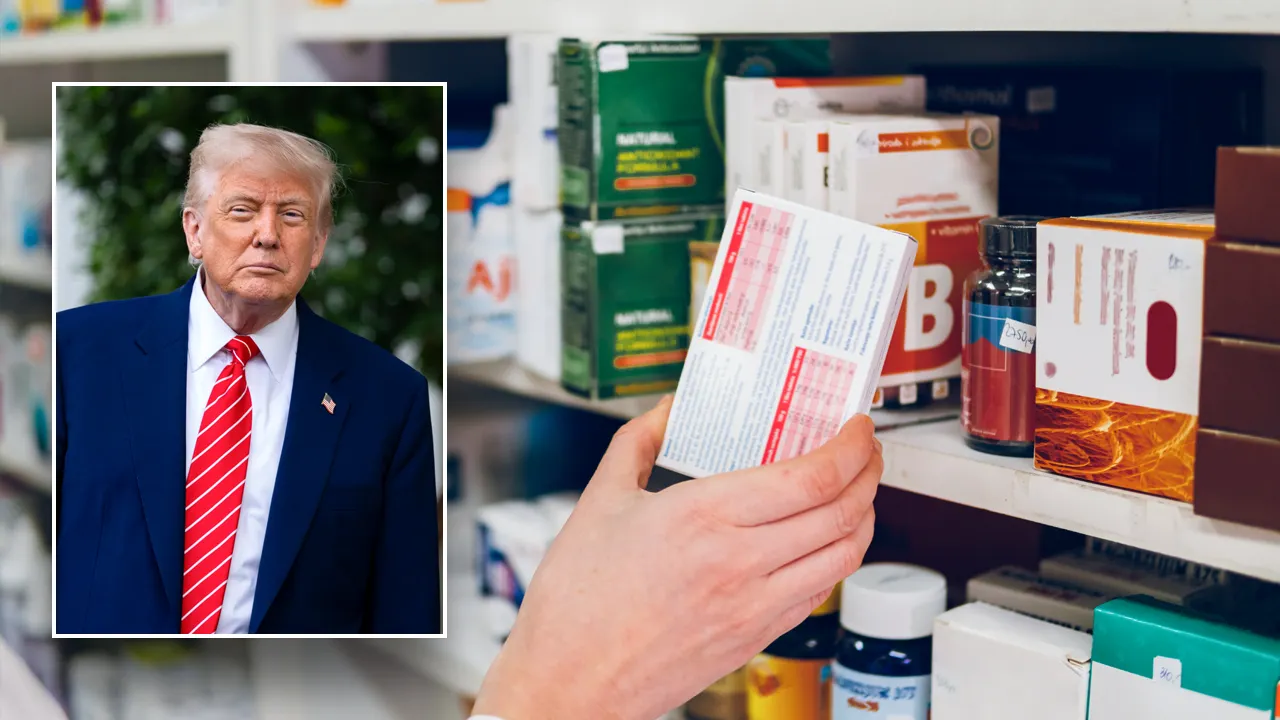In a bold escalation of his drug pricing reform agenda, former President Donald Trump has issued direct warnings to 17 major pharmaceutical companies, demanding they extend most-favored-nation (MFN) pricing to Medicaid, guarantee it for all new drugs, and apply it to direct purchasing programs. The White House confirmed Thursday that letters were dispatched to top executives, including a specific 60-day compliance deadline for Eli Lilly. The administration has threatened to deploy federal tools to protect American consumers if companies fail to comply.
Key Developments:
-
Trump demands MFN pricing be extended to Medicaid, new drugs, and direct purchases
-
Letters sent to 17 leading pharmaceutical firms, including Pfizer, Merck, and Johnson & Johnson
-
Eli Lilly given a 60-day deadline to implement reforms or face federal intervention
-
White House signals readiness to invoke executive powers to enforce compliance
-
Policy Expansion: Most-Favored-Nation Pricing Mandate
Medicaid Inclusion:
-
The MFN pricing model, previously focused on Medicare, is now being extended to Medicaid programs.
-
Drugmakers must offer the lowest global price for prescription drugs to Medicaid beneficiaries.
New Drug Guarantees:
-
All newly launched drugs must be priced at or below the lowest rate charged in peer nations.
-
The policy aims to prevent price gouging during initial market entry.
Direct Purchasing Reform:
-
Federal agencies and state programs engaging in direct drug purchases must receive MFN pricing.
-
This includes bulk procurement for veterans, public hospitals, and emergency stockpiles.
-
Industry Response and Strategic Implications
-
Pharma executives are reportedly scrambling to assess the financial and operational impact of the directive.
-
Eli Lilly, singled out by the White House, has been asked to submit a compliance roadmap within 60 days.
-
Analysts warn that failure to comply could trigger enforcement actions under the Defense Production Act or Section 1498 of the U.S. Code.
Enforcement Tools and Legal Leverage
-
The White House has hinted at deploying federal procurement leverage to bypass patent protections if companies resist.
-
Section 1498 allows the government to use patented drugs without permission, provided fair compensation is given.
-
The Defense Production Act could be invoked to prioritize domestic drug affordability over corporate pricing strategies.
Market Reaction and Investor Sentiment
-
Pharma stocks dipped slightly in Thursday’s late trading, with Eli Lilly down 1.8 percent amid compliance pressure.
-
Investors are watching for signs of legal challenges or lobbying efforts to delay implementation.
-
Healthcare ETFs showed mixed performance, reflecting uncertainty over sector-wide pricing reforms.
-
Global Trade and Diplomatic Undercurrents
International Pricing Benchmarks:
-
The MFN model ties U.S. drug prices to those in countries with at least 60 percent of U.S. GDP per capita.
-
Nations like Germany, Japan, and Canada serve as reference points for pricing parity.
Trade Tensions:
-
The move may strain relations with countries that negotiate steep discounts for pharmaceuticals.
-
U.S. trade representatives are expected to engage in talks to prevent retaliatory measures.
Innovation vs. Affordability Debate:
-
Critics argue that MFN pricing could stifle innovation by reducing profit margins.
-
Supporters claim it will end global freeloading and restore fairness for American patients.
Conclusion:
Trump’s latest directive marks a significant expansion of his drug pricing reform strategy, placing Medicaid and direct purchasing programs under the MFN umbrella. With enforcement threats looming and a compliance clock ticking for Eli Lilly, the pharmaceutical industry faces a pivotal moment. Whether this leads to sweeping price cuts or legal battles remains to be seen, but the message from the White House is clear: American patients must no longer subsidize global drug affordability.
Source: STAT News, Forbes, White House Press Office – July 31, 2025





